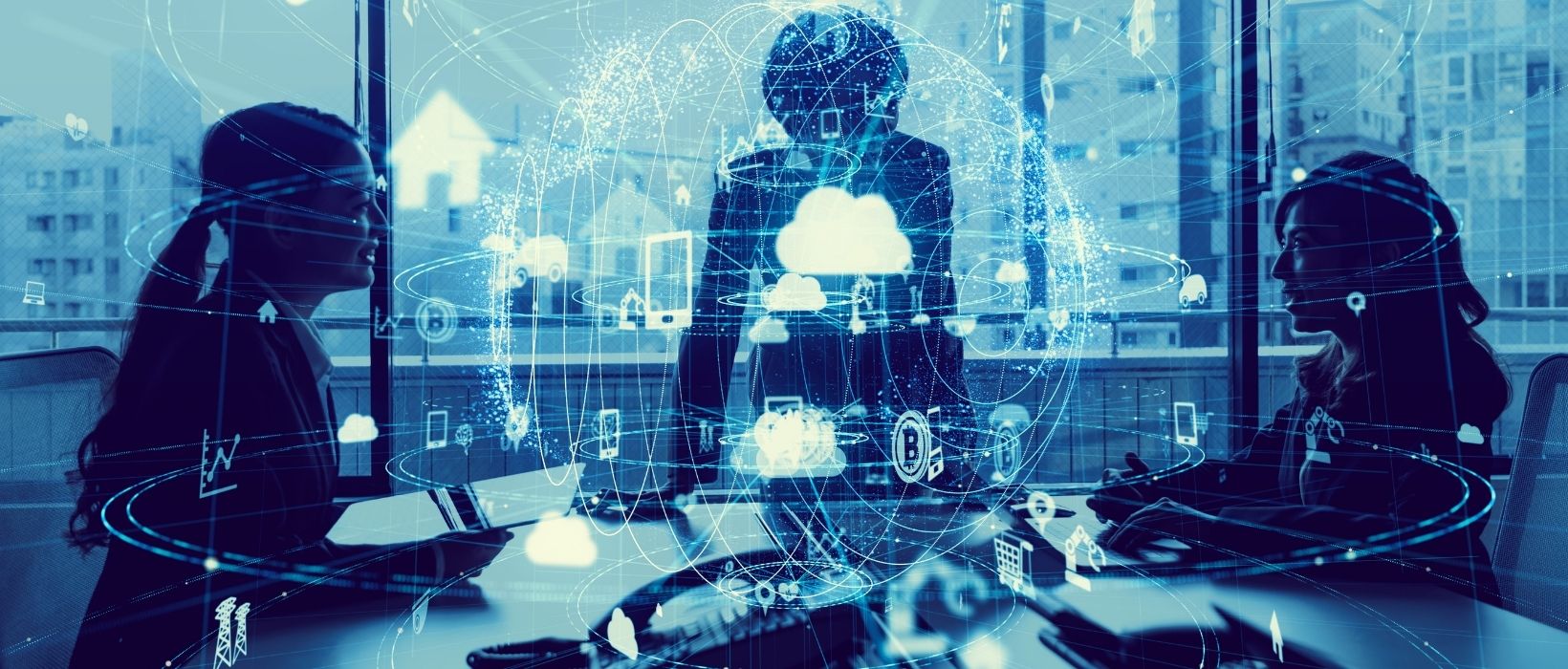Computers have become an integral part of our lives, evolving at a rapid pace with groundbreaking innovations that shape our digital world. From artificial intelligence (AI) to quantum computing, modern advancements are pushing the limits of technology. In this blog, we will explore the latest trends in computers, their impact on various industries, and what the future holds.
Objective Computer Awareness
by Arihant Experts (Author)
₹145
1. Artificial Intelligence and Machine Learning
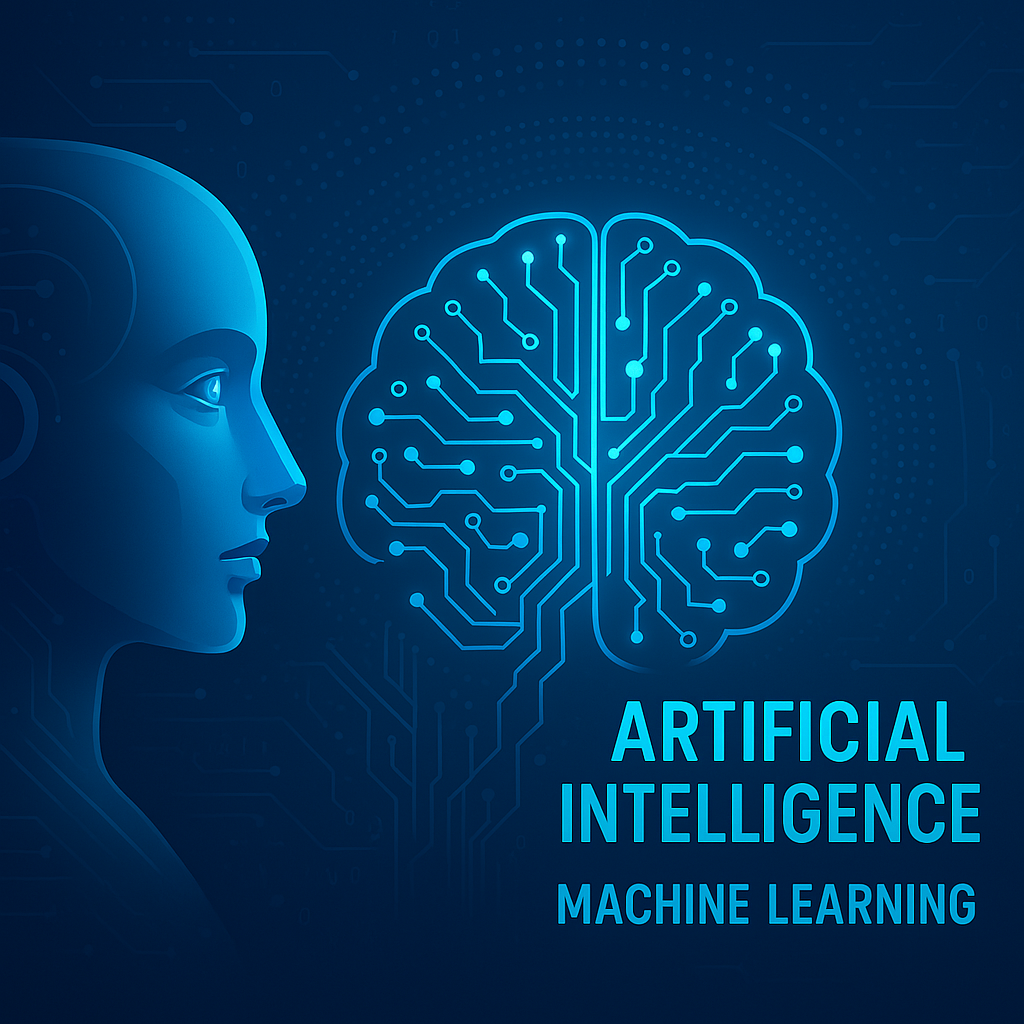
Artificial Intelligence (AI) and Machine Learning (ML) have revolutionized computing. AI-powered systems can now analyze vast amounts of data, recognize patterns, and make intelligent decisions. Some of the most notable AI applications include:
AI in Software Development: AI is automating coding processes, debugging software, and optimizing performance.
AI in Cybersecurity: AI-driven security solutions can detect threats, prevent cyberattacks, and enhance data protection.
AI-Powered Personal Assistants: Virtual assistants like Siri, Alexa, and Google Assistant use AI to interact with users and simplify tasks.
Generative AI: AI models like ChatGPT and DALL·E create human-like text, images, and videos, revolutionizing content creation.
2. Quantum Computing: The Next Computing Revolution

Quantum computing is an emerging technology that leverages the principles of quantum mechanics to perform calculations at speeds impossible for classical computers. Companies like Google, IBM, and Microsoft are investing heavily in quantum research. Potential applications include:
Drug Discovery: Quantum computers can simulate complex molecules, accelerating medical research.
Financial Modeling: Financial institutions use quantum computing for risk analysis and fraud detection.
Cryptography: Quantum cryptography can enhance security by making encryption unbreakable.
3. Cloud Computing and Edge Computing
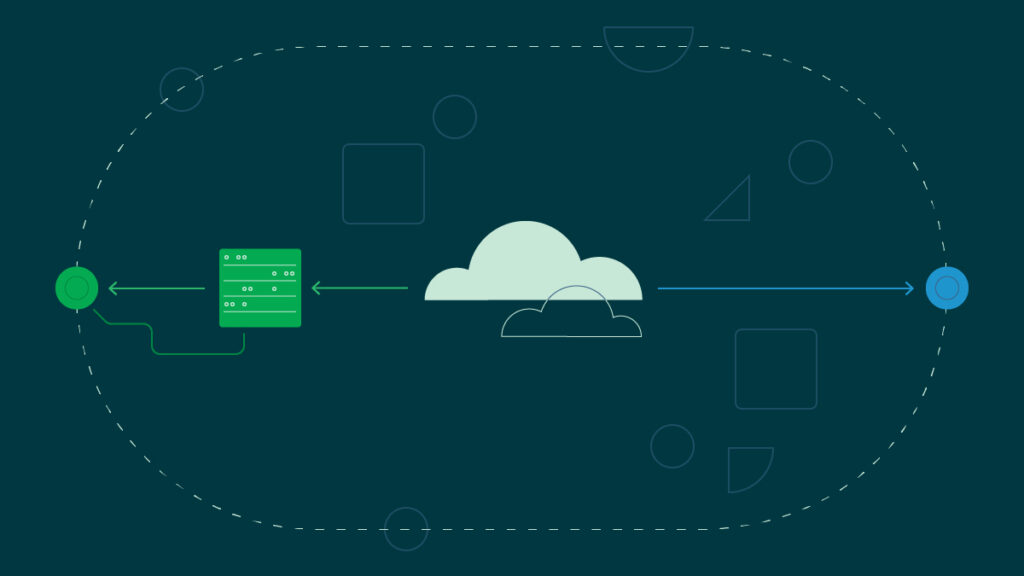
Cloud computing has transformed how businesses store and process data. However, edge computing is now emerging as a critical technology that reduces latency and enhances efficiency. Key benefits include:
Faster Processing: Edge computing processes data closer to the source, reducing response time.
Improved IoT Performance: IoT devices rely on edge computing to handle real-time data processing.
Enhanced Security: Decentralized data processing reduces vulnerability to cyber threats.
4. The Rise of Metaverse and Extended Reality (XR)

The metaverse, powered by Augmented Reality (AR), Virtual Reality (VR), and Mixed Reality (MR), is redefining digital interactions. Companies like Meta (formerly Facebook) and Apple are investing in XR to create immersive experiences. Key applications include:
Gaming and Entertainment: VR headsets provide a more immersive gaming experience.
Virtual Workspaces: Companies are using virtual offices for remote collaboration.
Education and Training: Medical simulations, military training, and online education benefit from XR.
5. The Evolution of Processors and Chip Technology
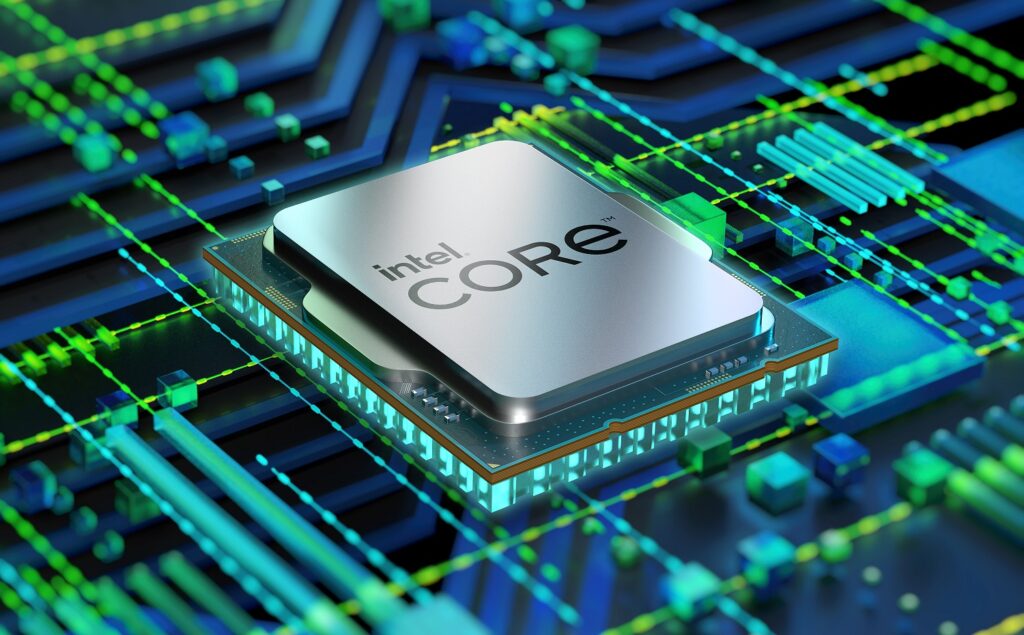
The demand for faster and more efficient processors has led to innovations like:
ARM-Based Chips: Apple’s M1 and M2 chips are replacing Intel in Mac computers, offering improved performance and power efficiency.
AI-Powered Chips: Processors designed for AI tasks improve deep learning and automation.
Neuromorphic Computing: Inspired by the human brain, these chips process data more efficiently, enabling advanced AI applications.
6. Cybersecurity and Ethical Hacking

With increasing cyber threats, cybersecurity is a major focus in computing. Ethical hacking, AI-driven security, and blockchain technology are enhancing digital protection. Trends include:
Zero Trust Security: Organizations adopt strict verification processes to prevent unauthorized access.
AI-Based Threat Detection: AI systems analyze anomalies and predict cyber threats.
Biometric Authentication: Facial recognition and fingerprint scanning improve user security.
7. Sustainable and Green Computing
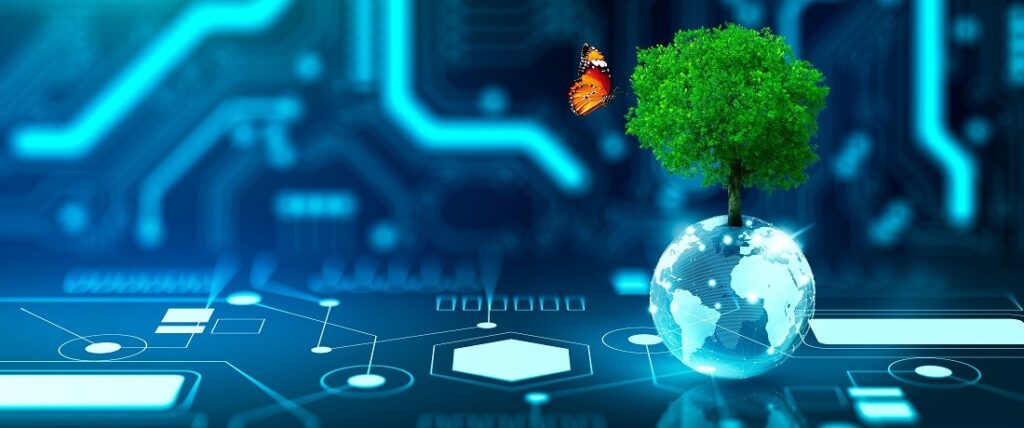
As energy consumption rises, sustainable computing is gaining attention. Companies are adopting green practices such as:
Energy-Efficient Data Centers: Cloud providers use renewable energy to reduce carbon footprints.
E-Waste Management: Recycling electronic components reduces environmental impact.
Eco-Friendly Hardware: Manufacturers are using biodegradable materials in electronic devices.
8. The Role of 5G and Beyond
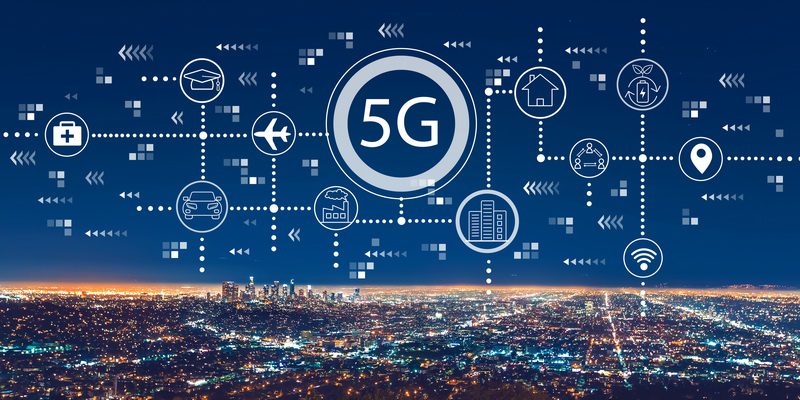
5G technology is enhancing computing by providing faster internet speeds and reducing latency. Its impact includes:
Smart Cities: 5G supports IoT devices for intelligent traffic management and public safety.
Remote Work and Collaboration: Faster connectivity enhances virtual meetings and cloud-based productivity tools.
Autonomous Vehicles: 5G enables real-time communication for self-driving cars.
Conclusion: The Future of Computing
The future of computers is driven by AI, quantum computing, cybersecurity, and sustainability. As these technologies evolve, they will continue to shape industries, improve efficiency, and redefine how we interact with digital systems. Staying updated with these trends will help businesses and individuals adapt to the ever-changing technological landscape.
What do you think about these computing trends? Share your thoughts in the comments below!

